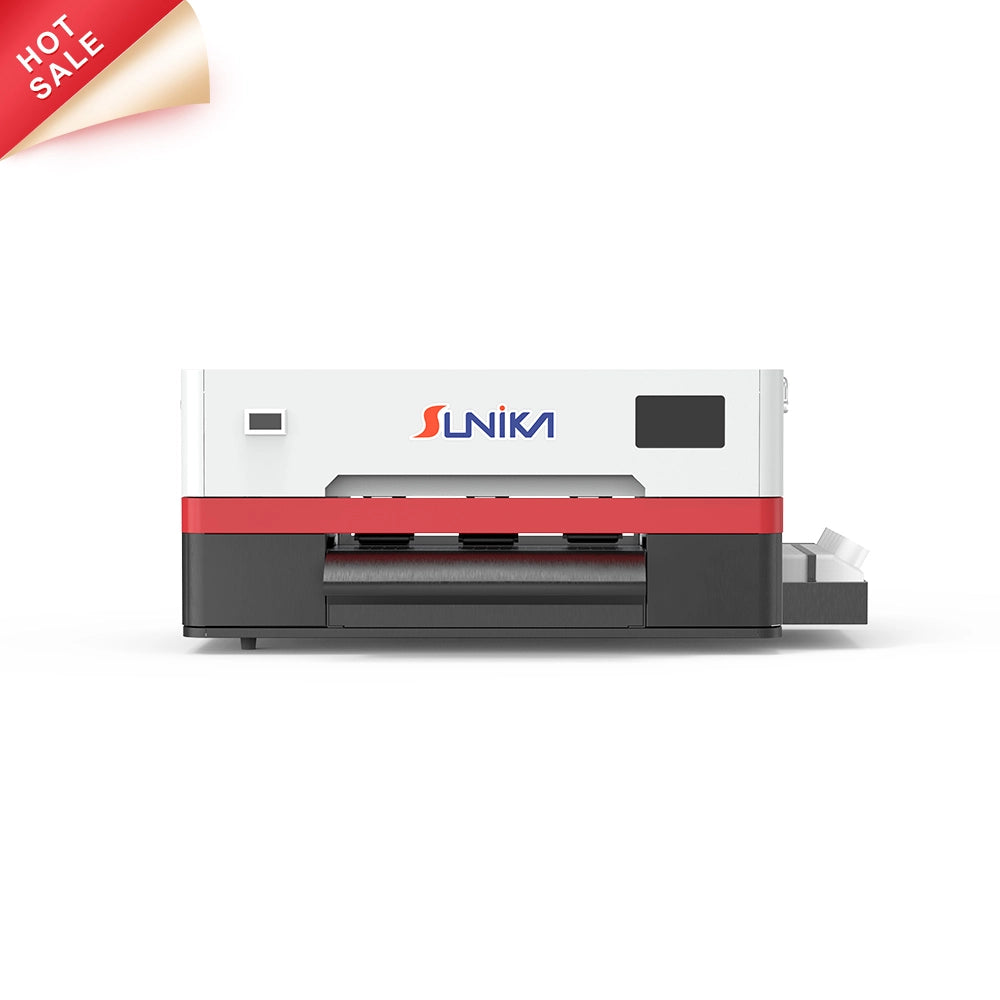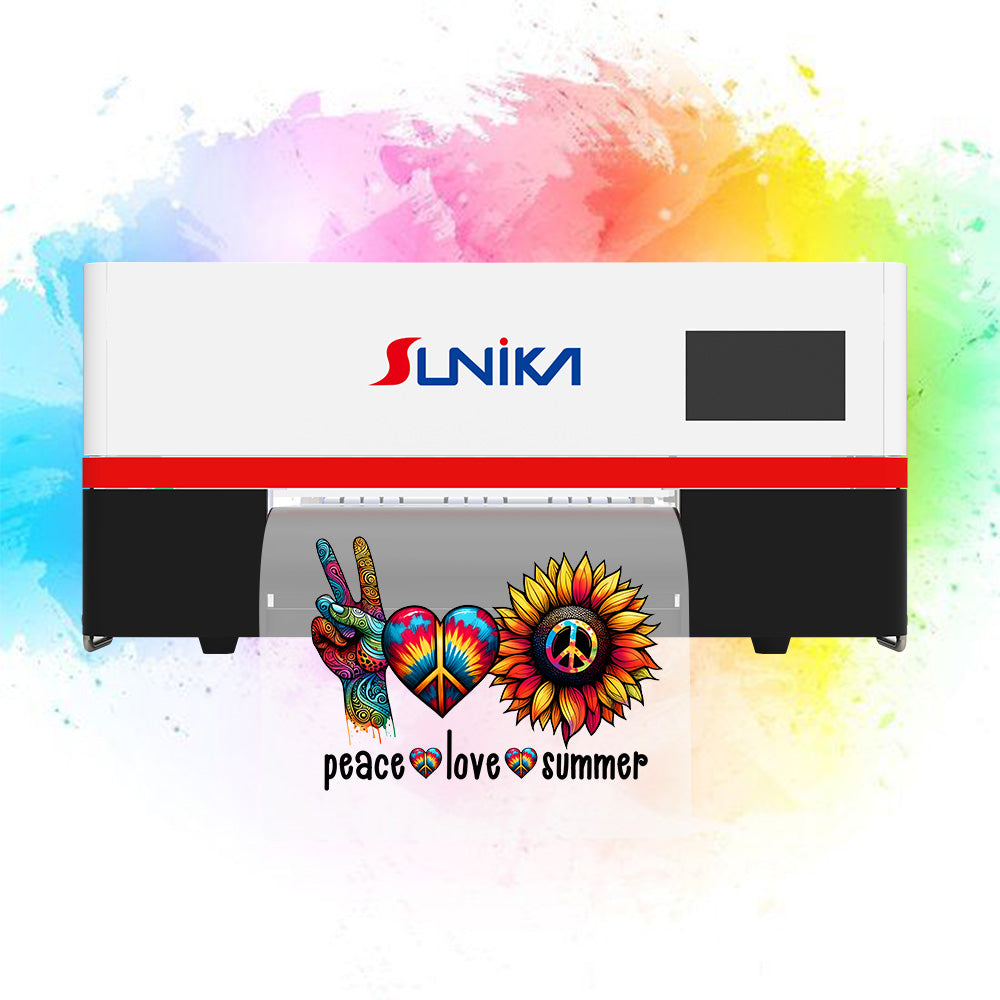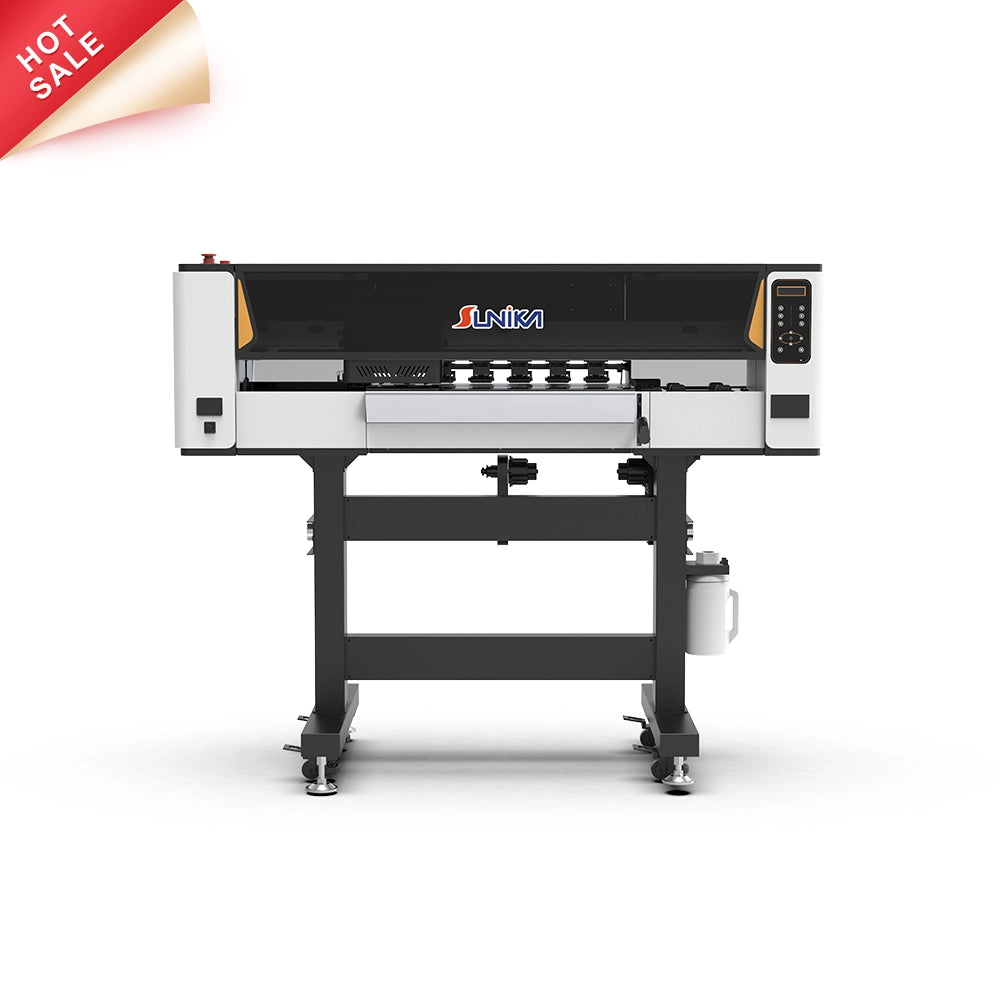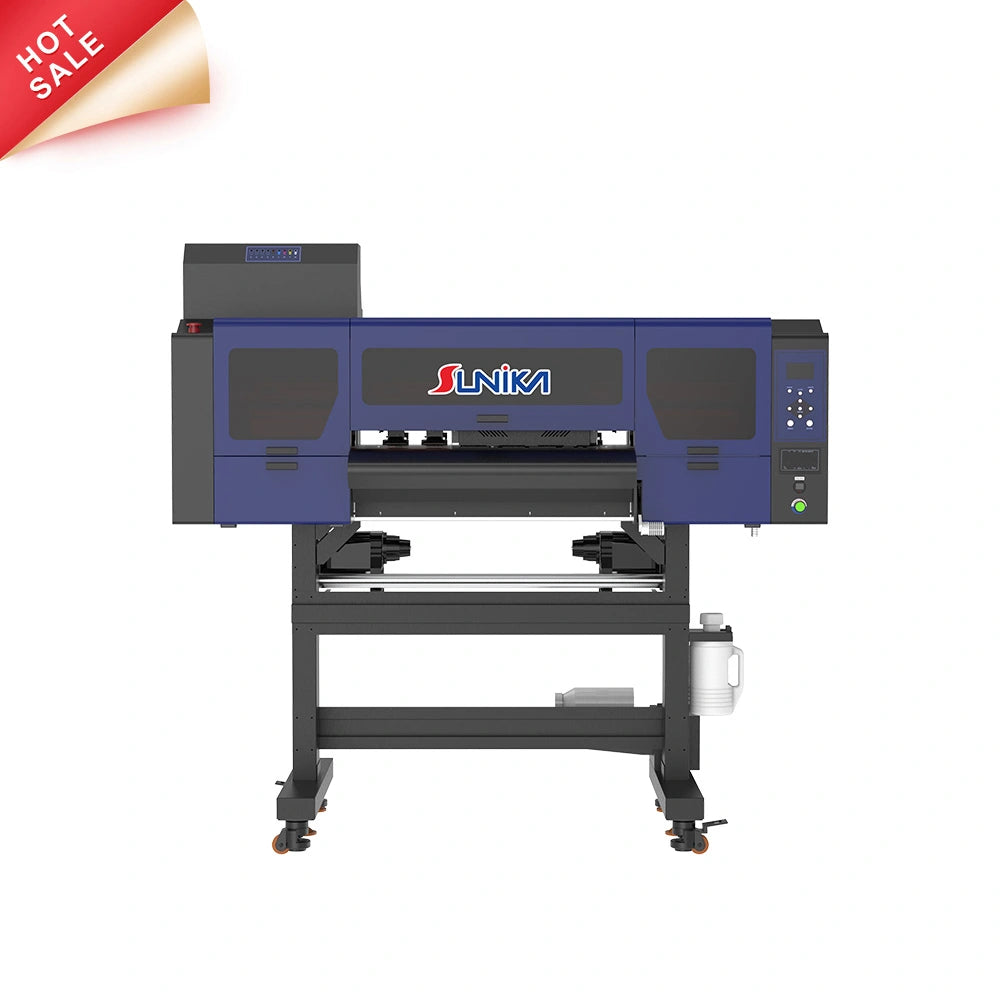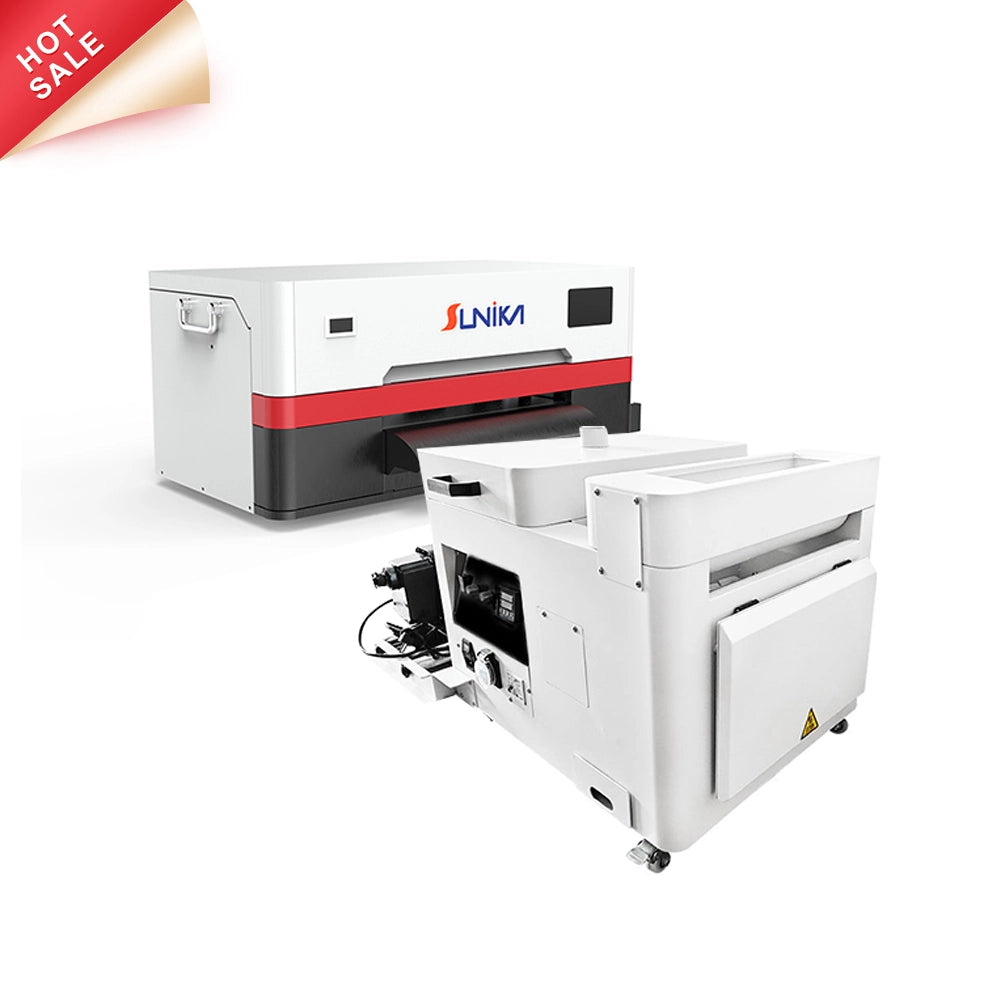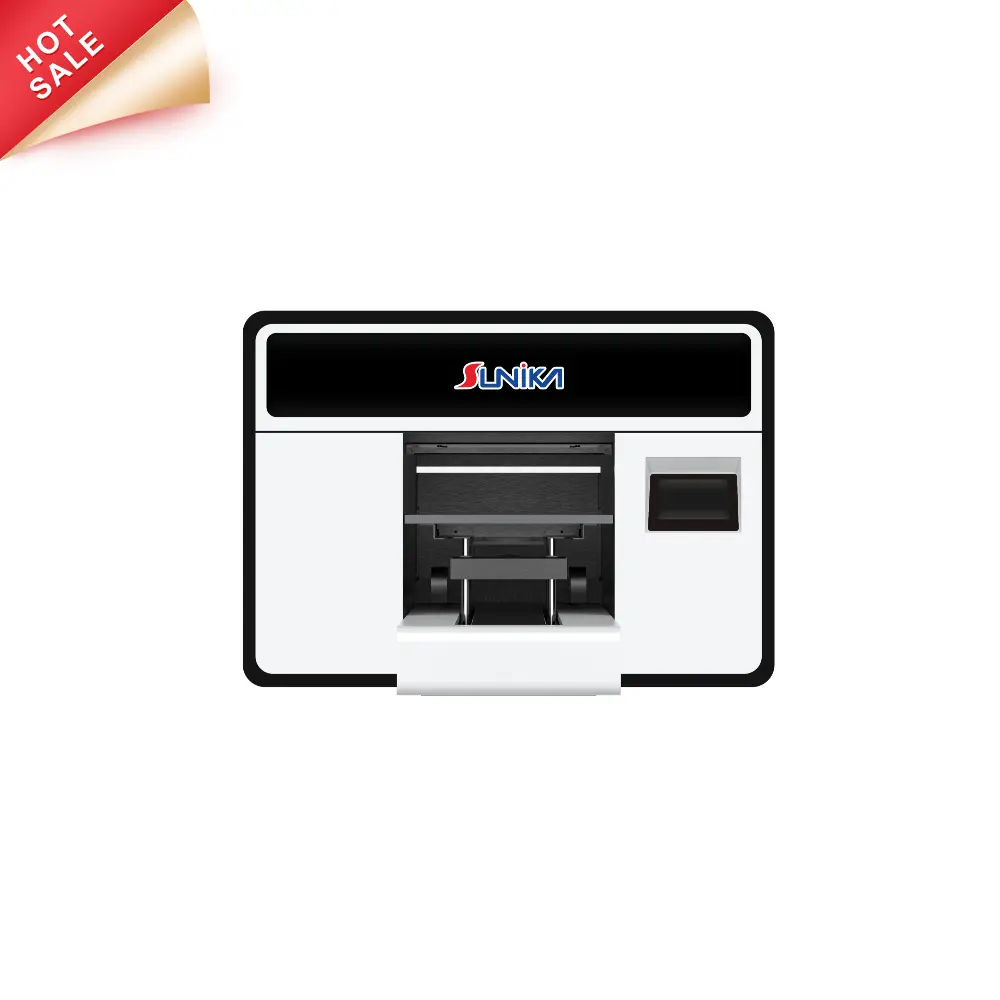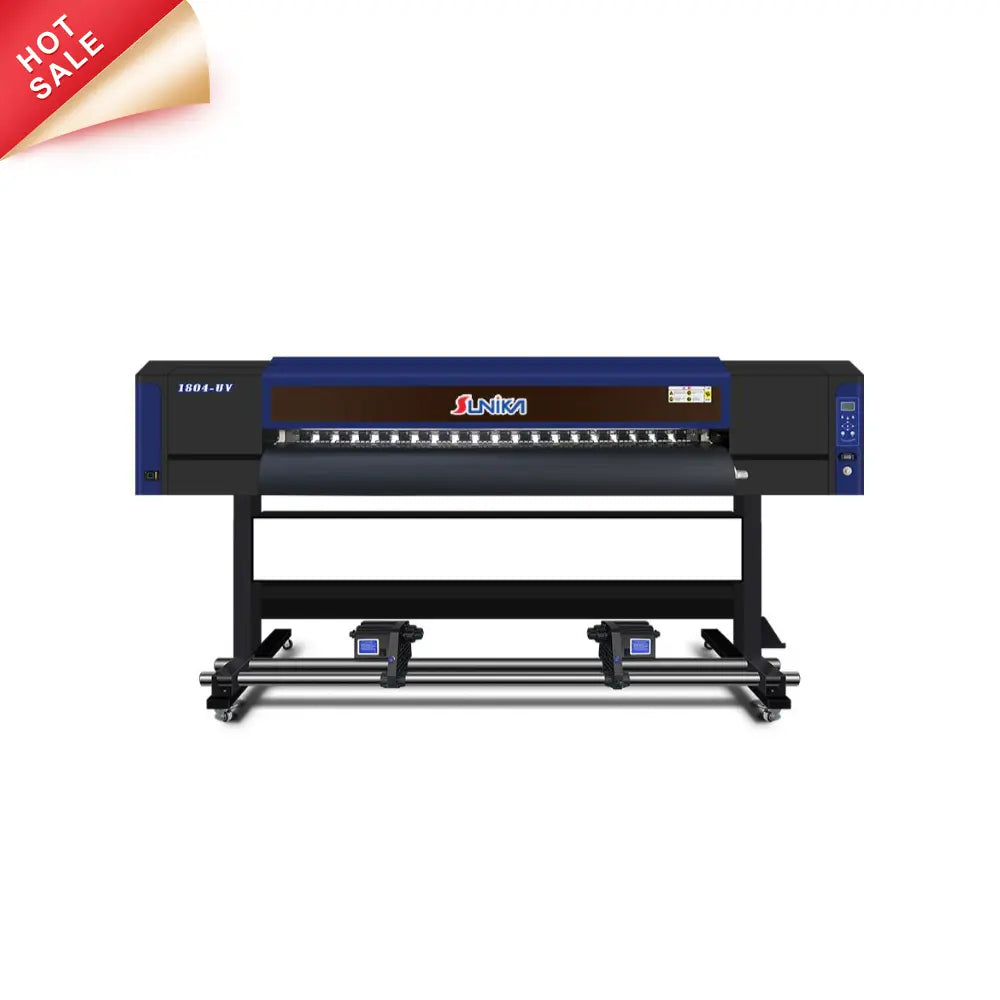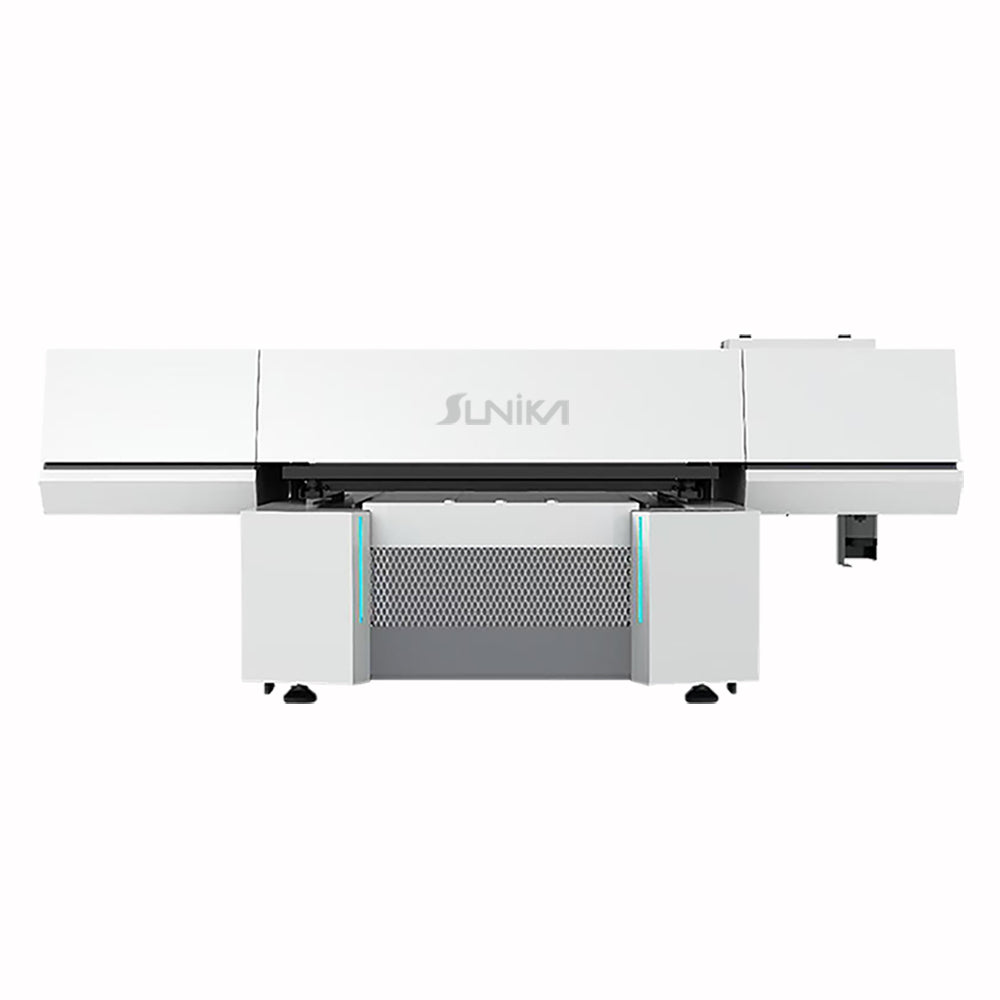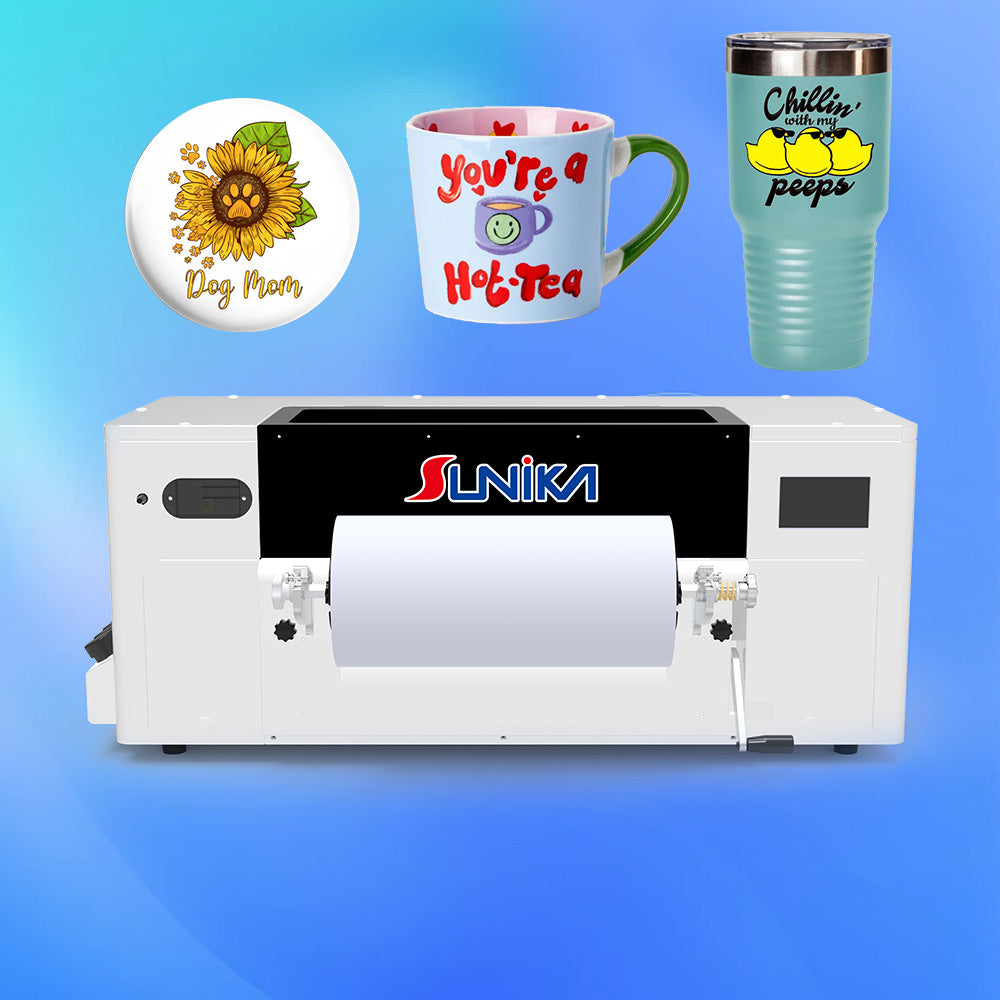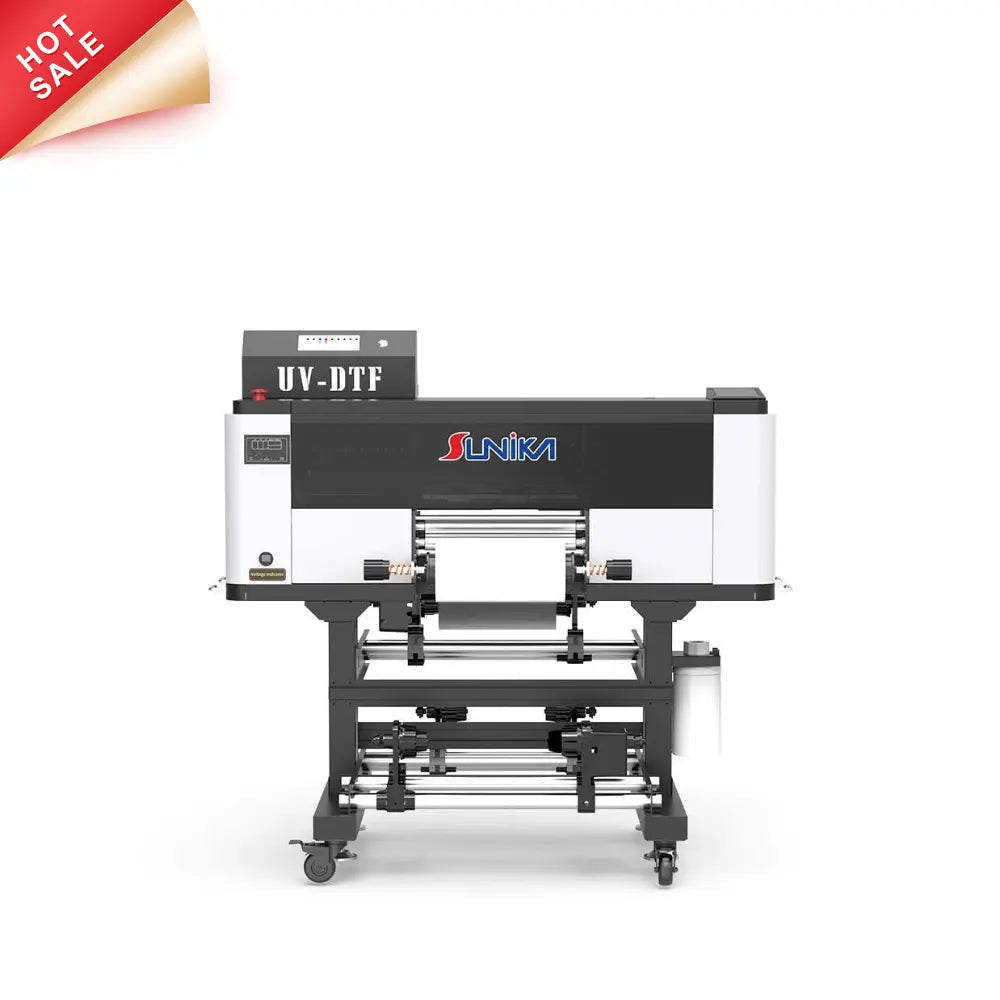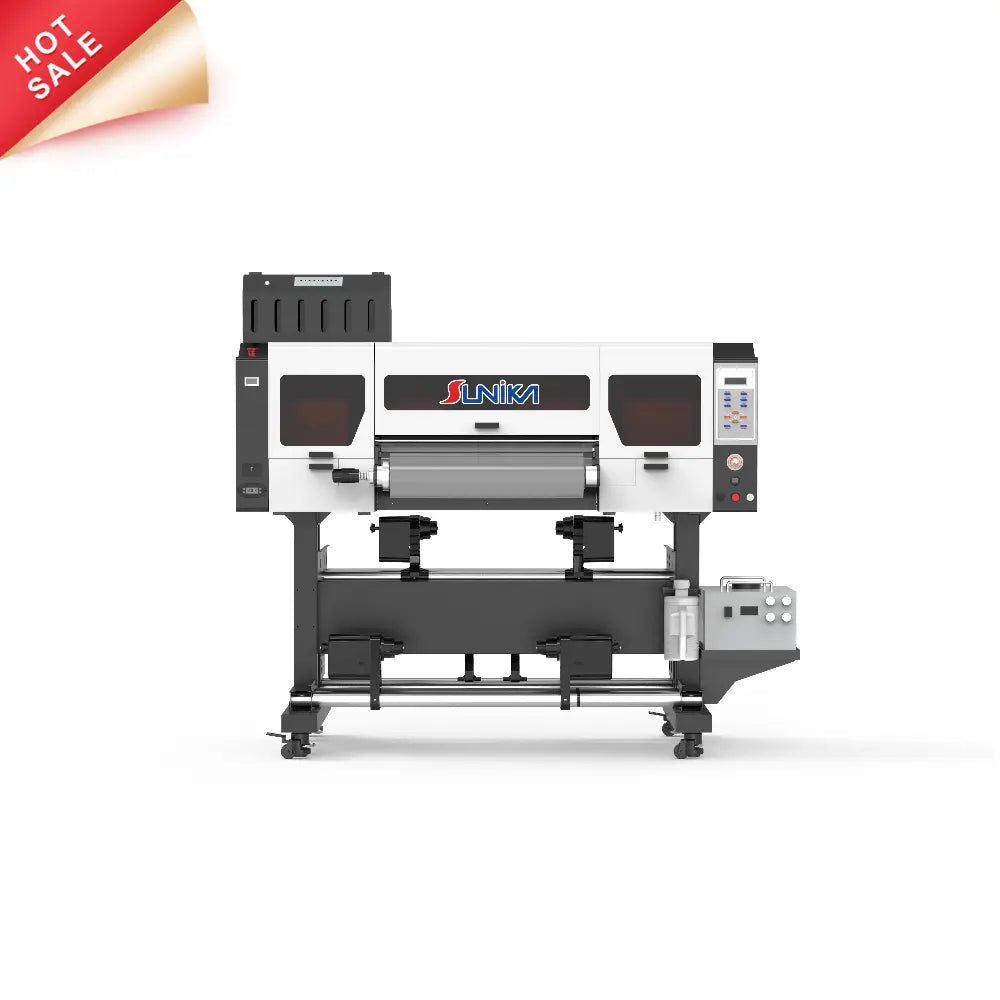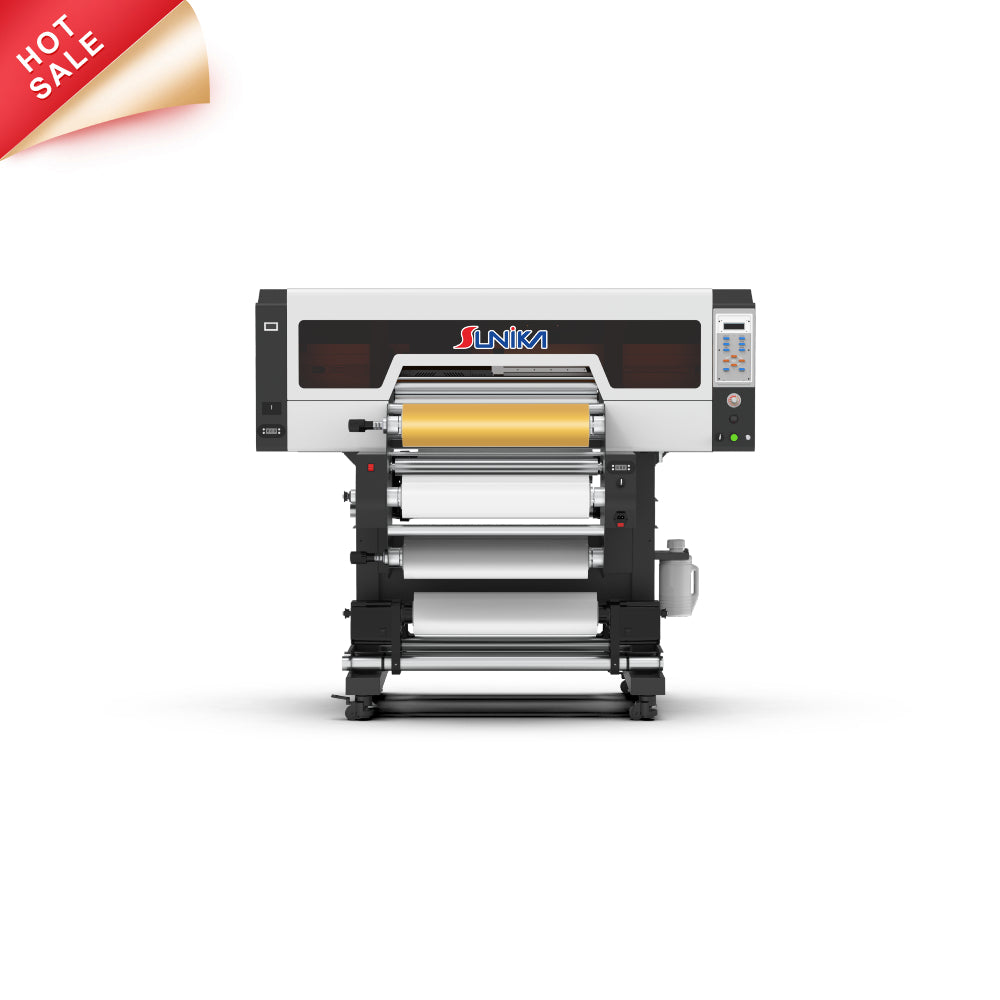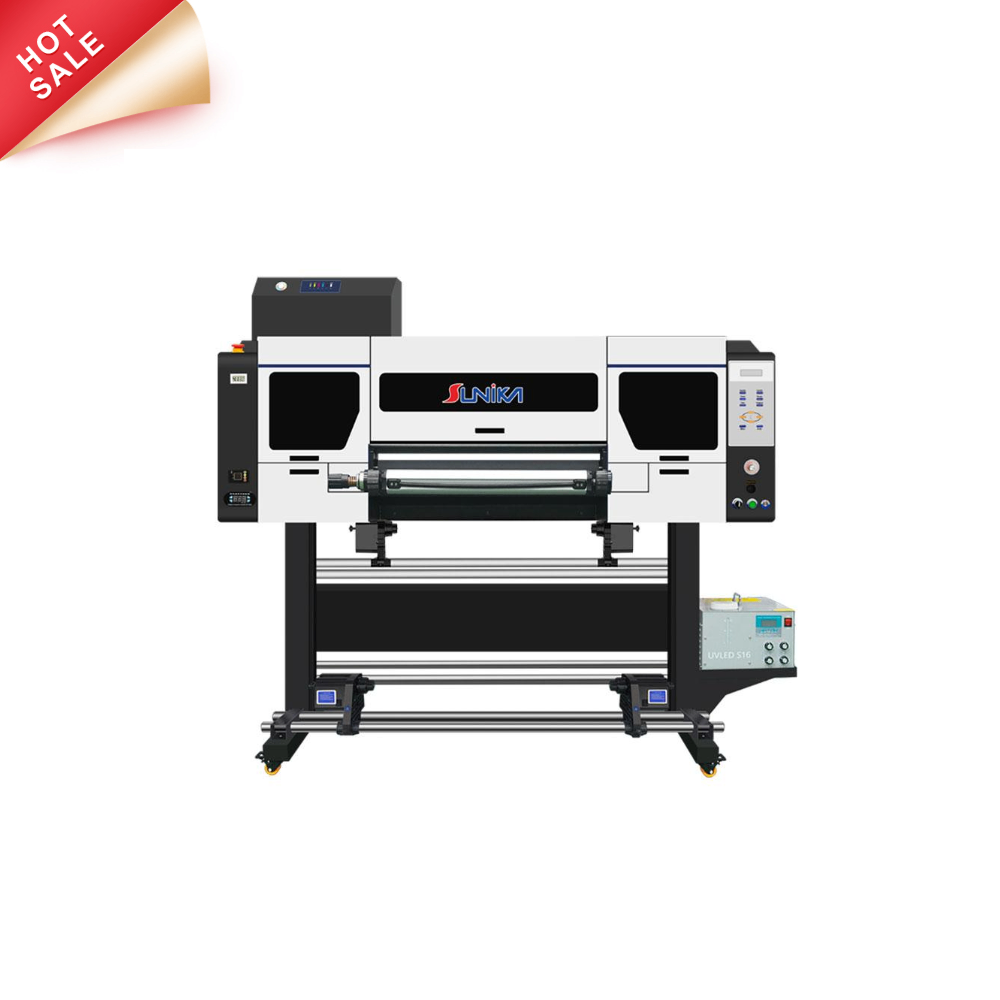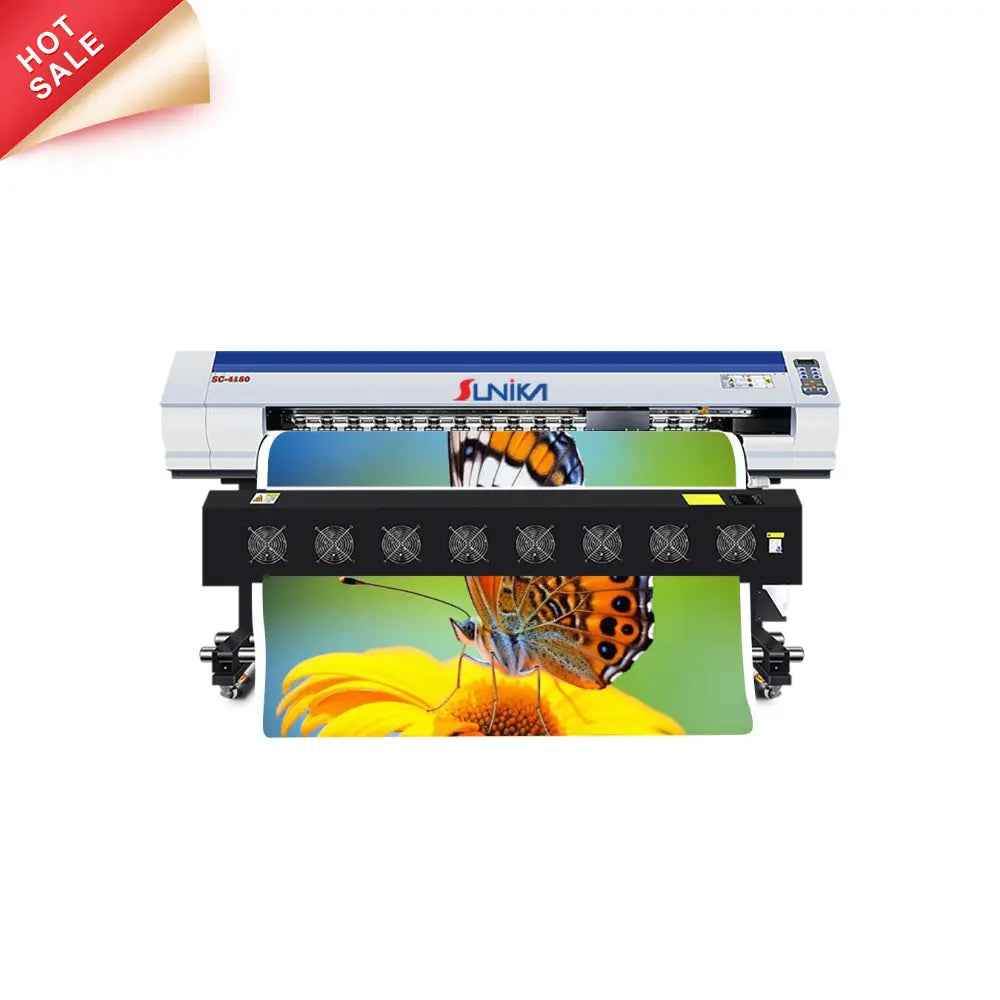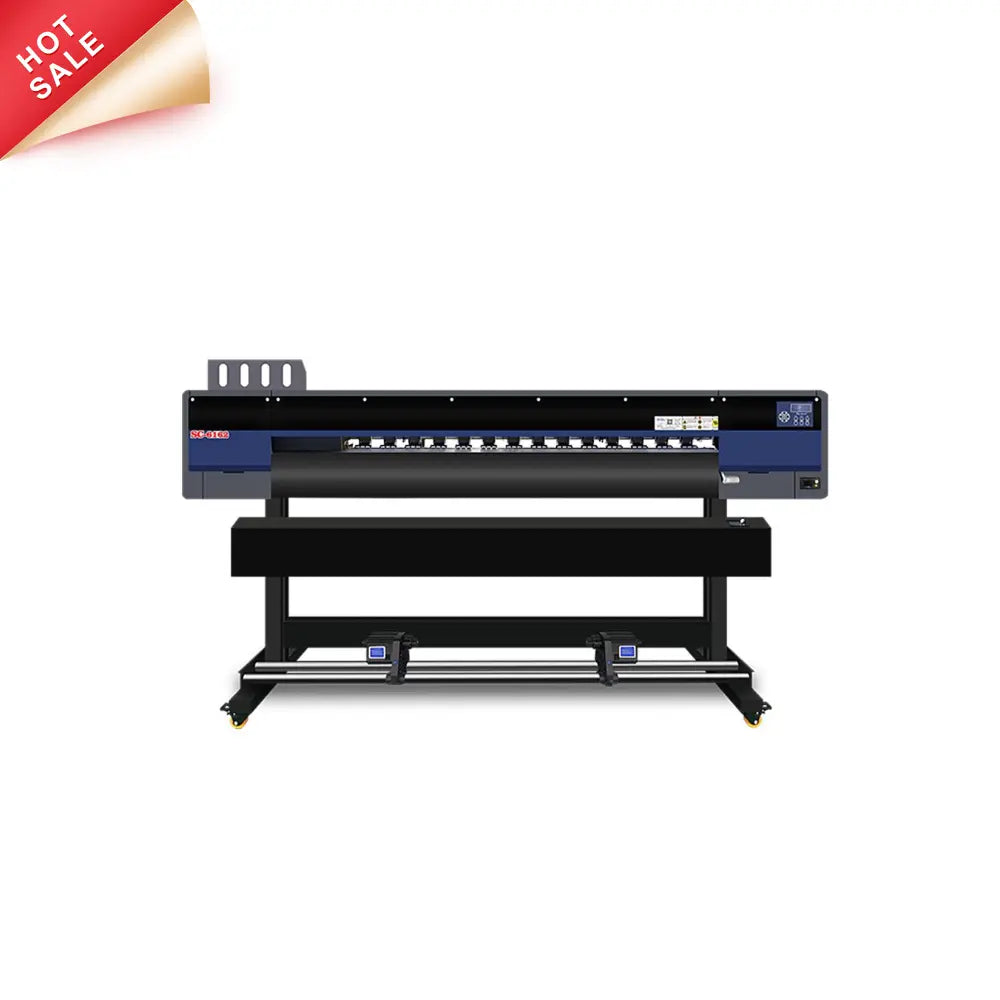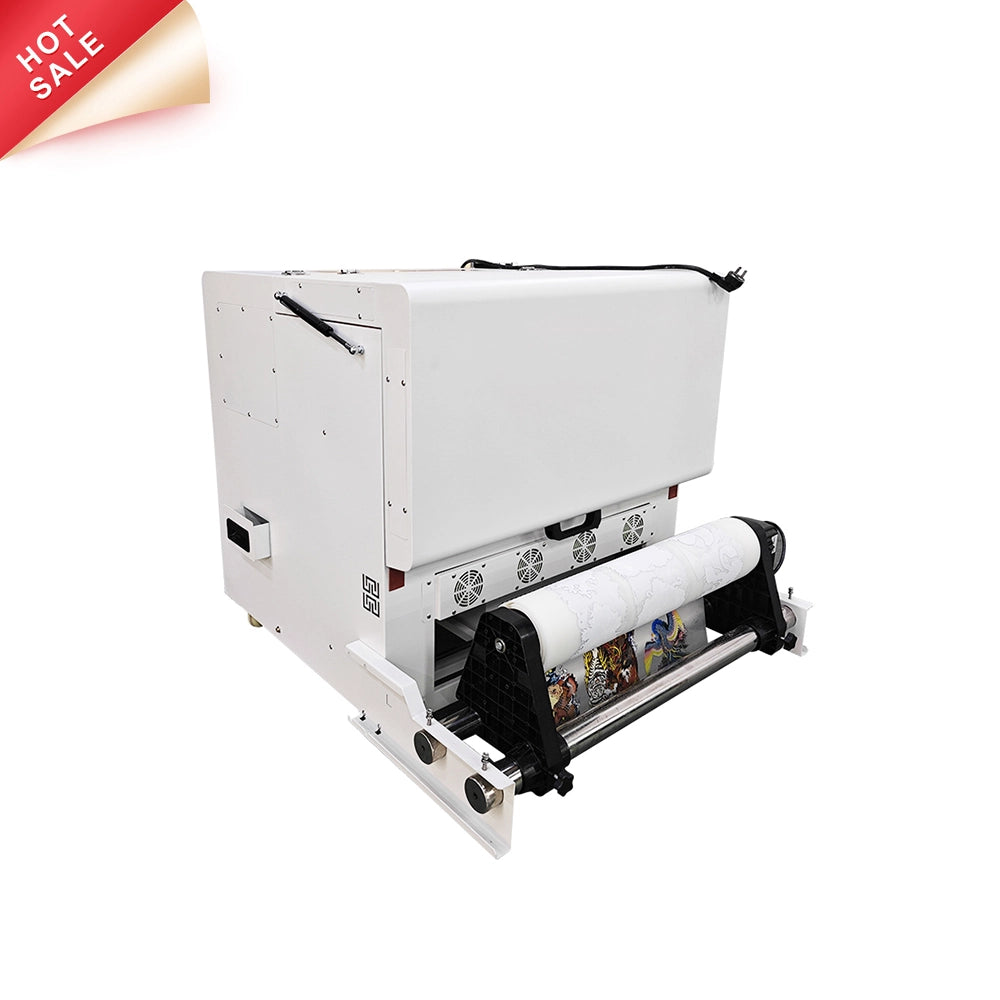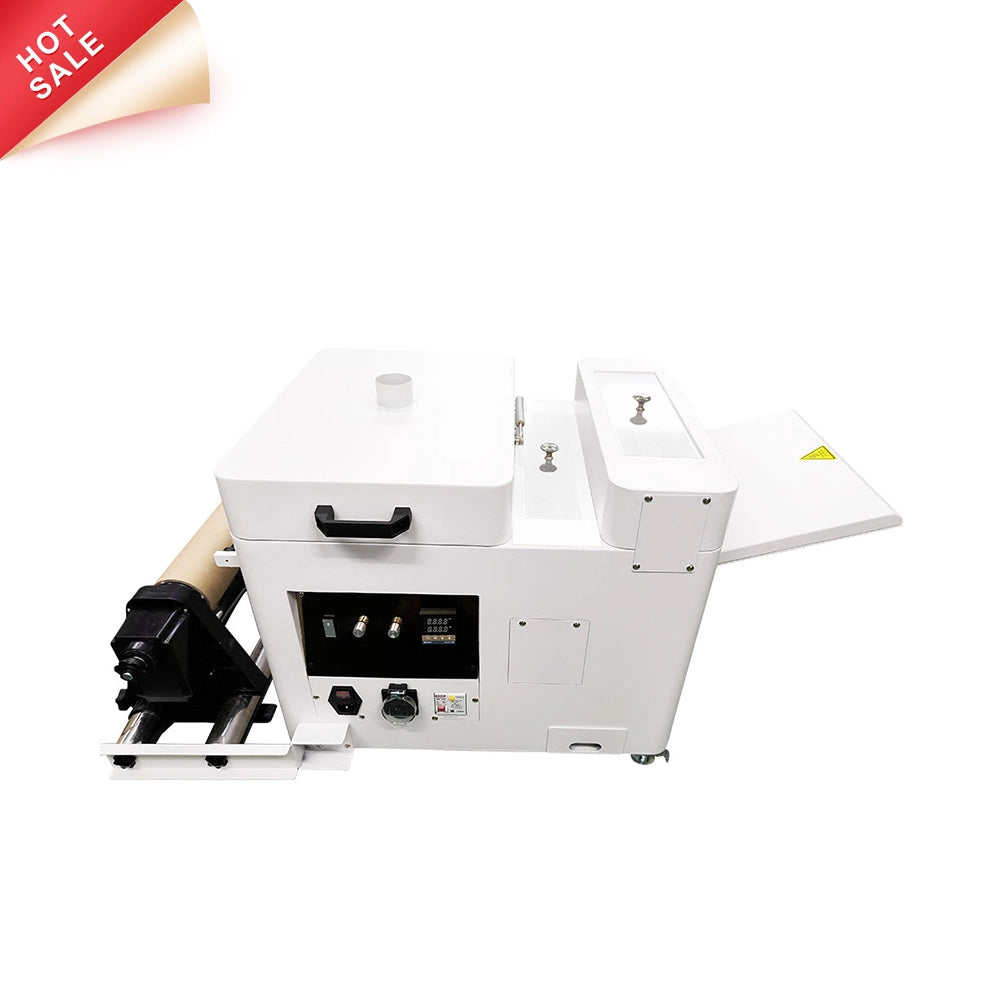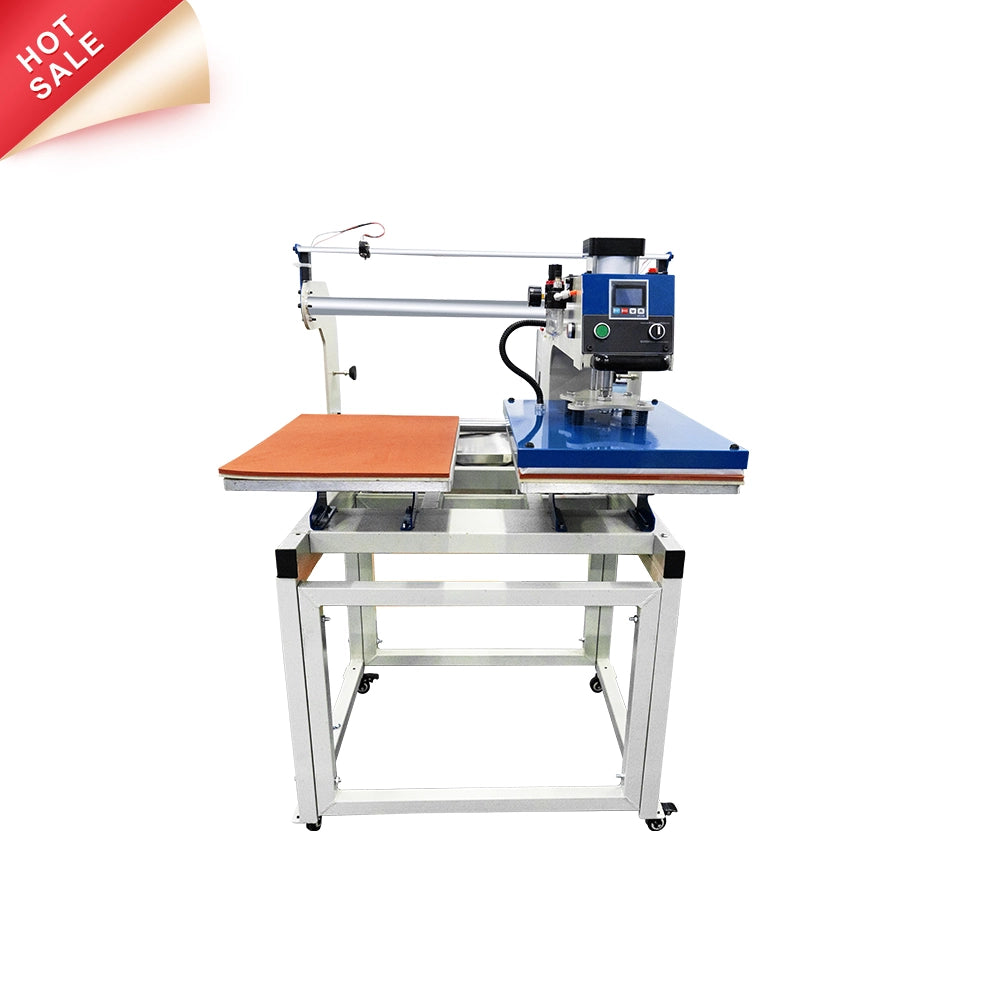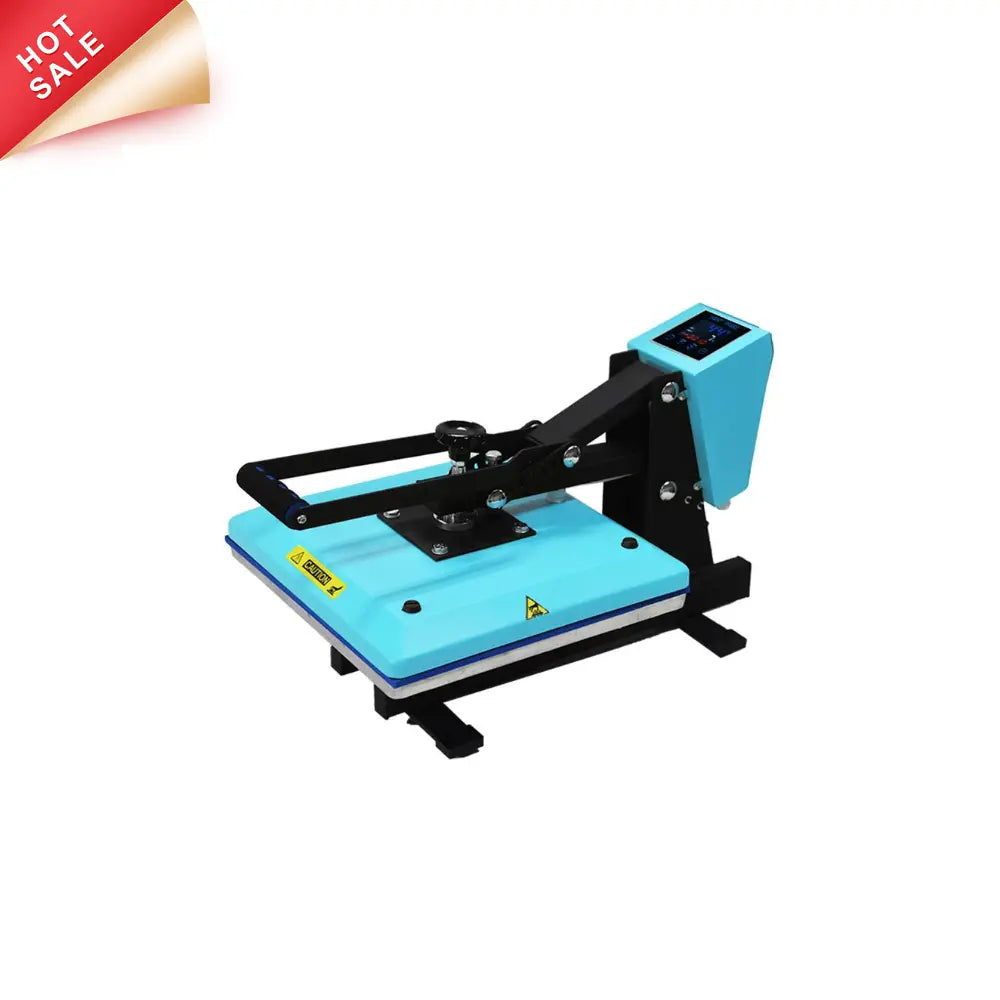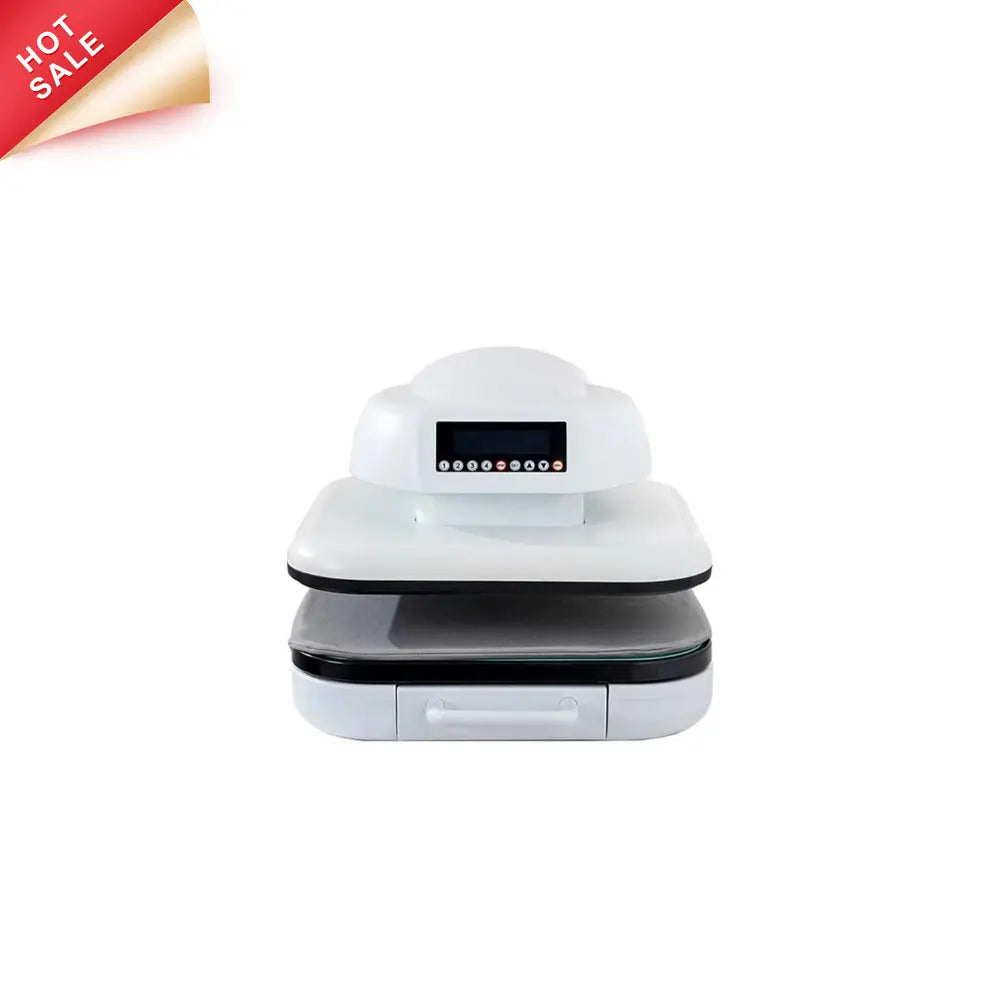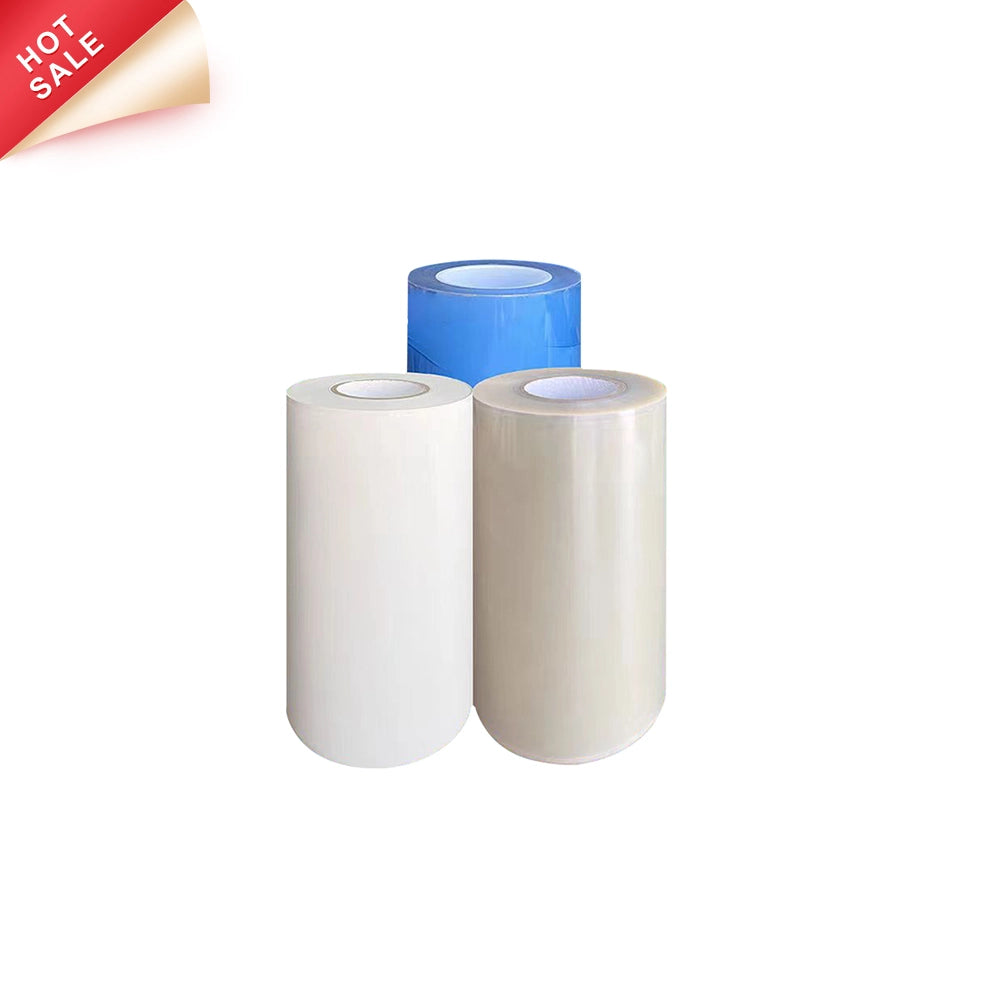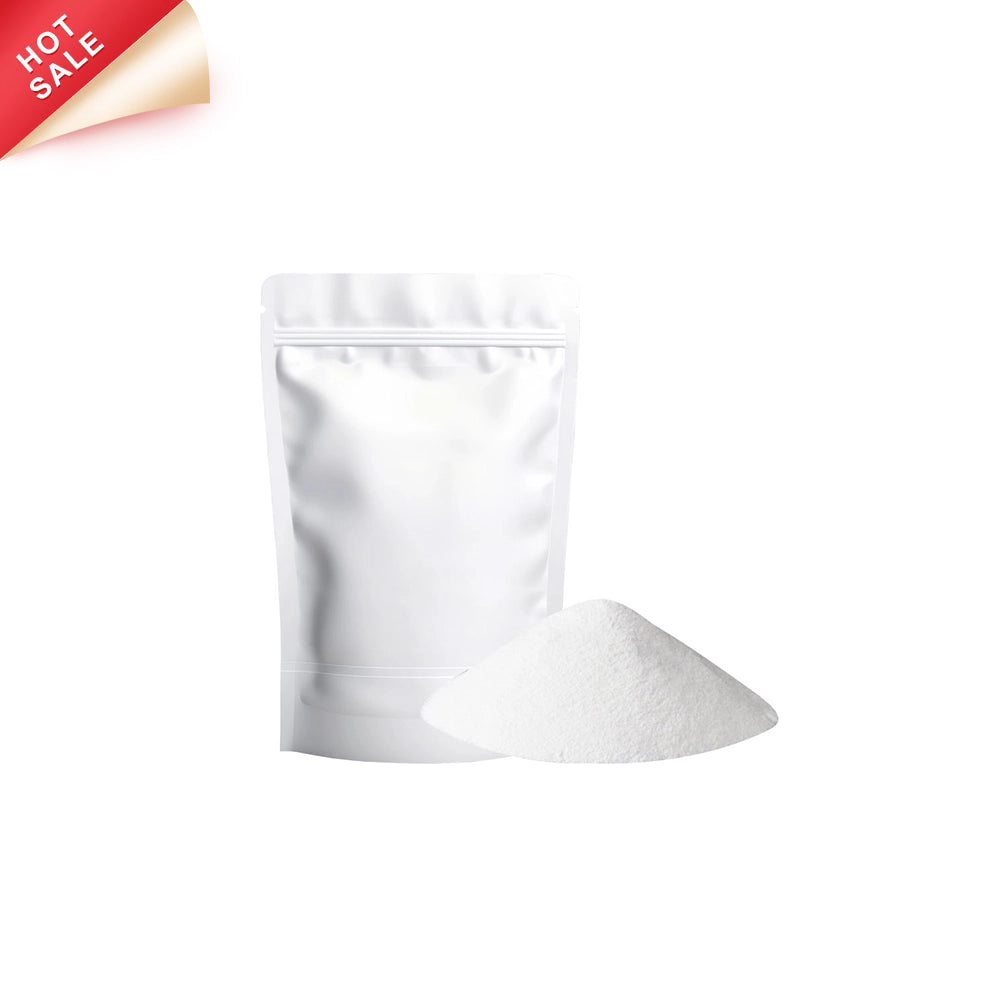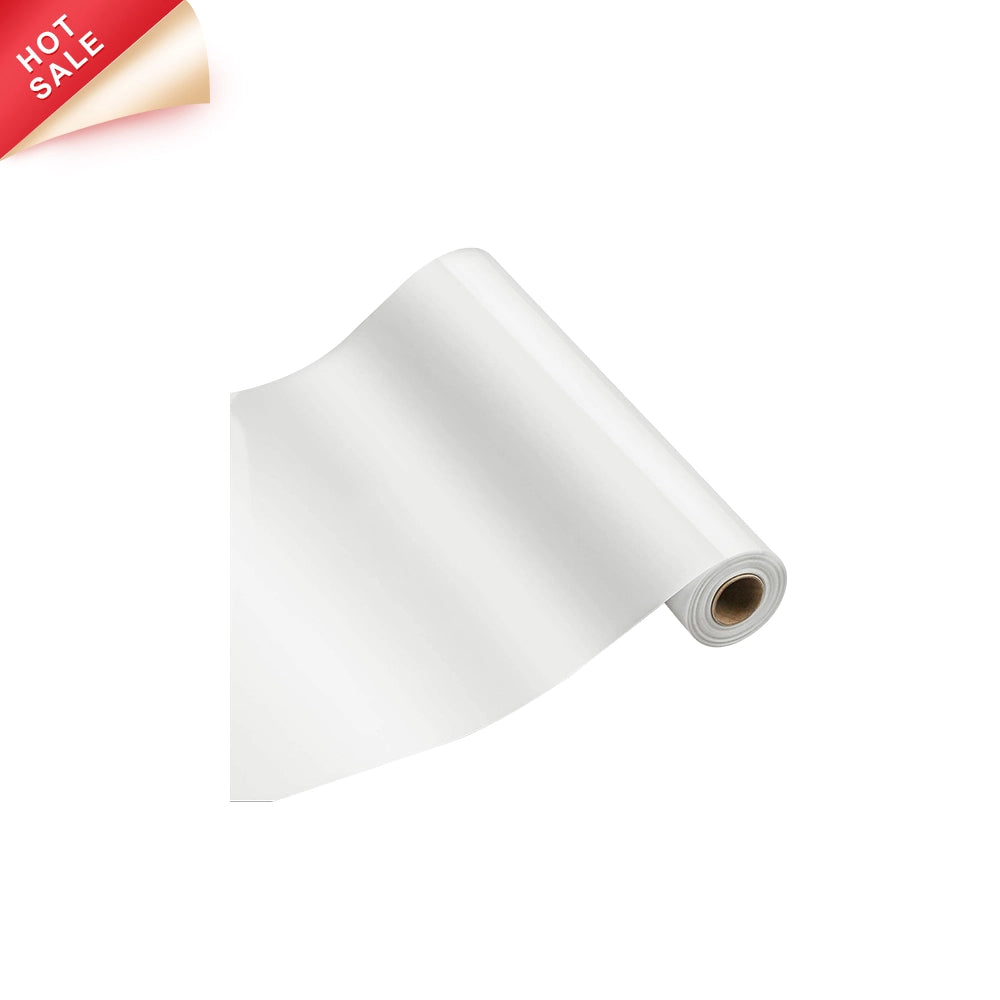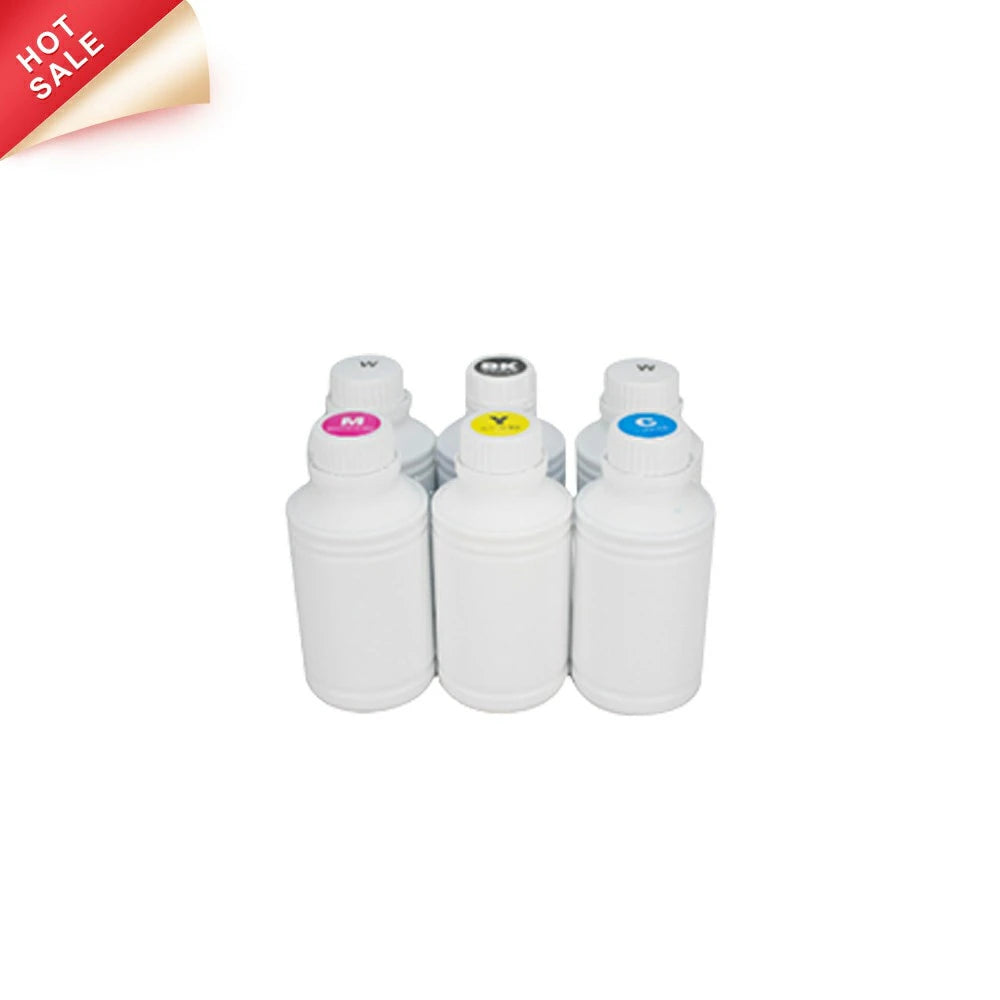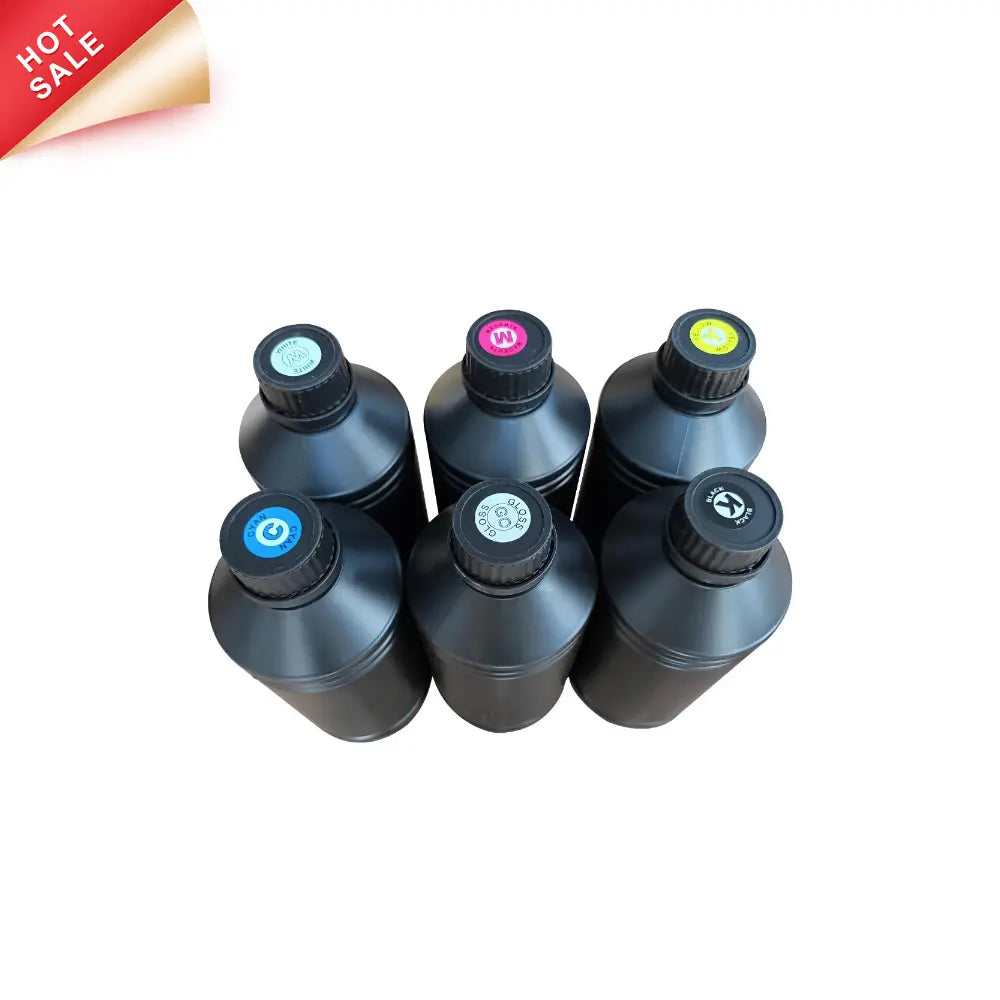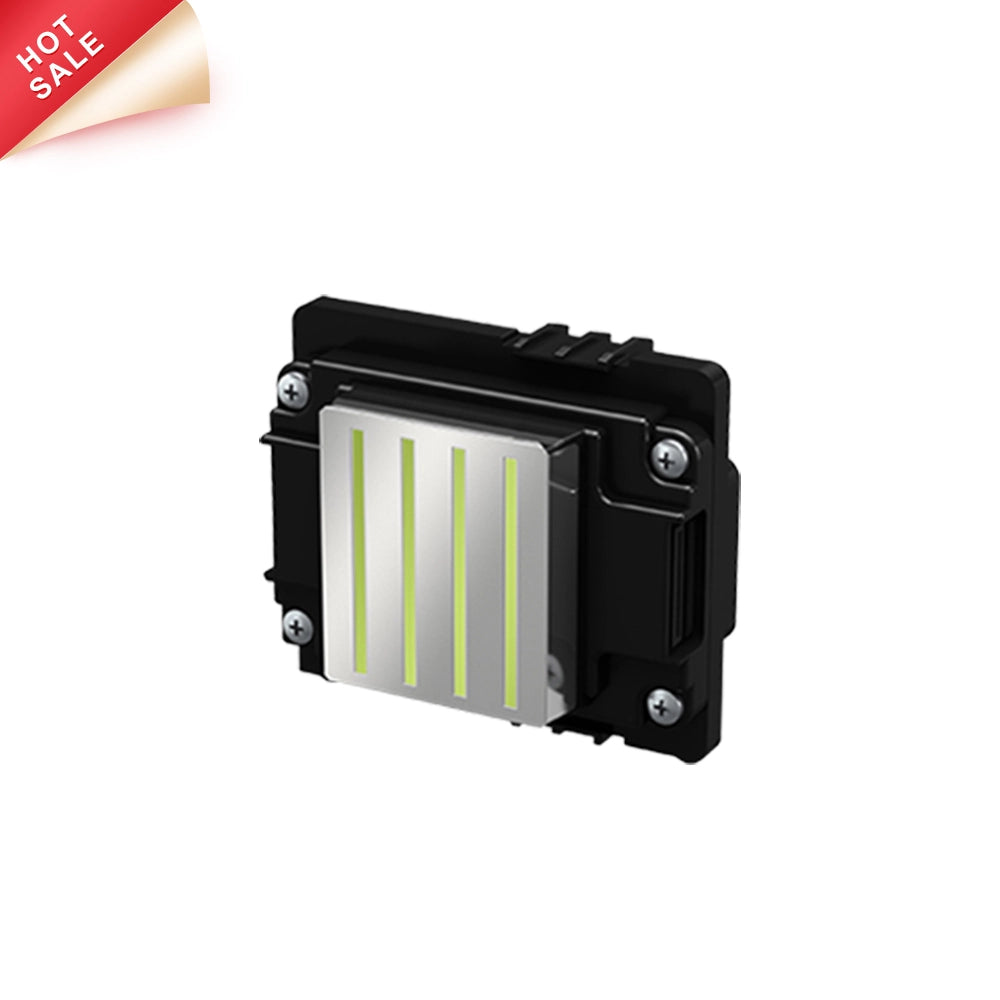UV DTF Printing: The Ultimate Transfer Solution
A revolutionary method to transfer high-quality designs onto challenging surfaces.
How UV DTF Differs from Traditional UV Printing
While conventional UV printing applies directly to objects, UV DTF printing involves:
-
Printing onto special PET transfer film
-
Transferring the design onto the final substrate
This makes it ideal for curved, rough, or irregular surfaces - perfect for custom products, signage, and promotional items.
How UV DTF Printing Works
A simple 5-step process:
-
Print: Design is printed on PET film using CMYK + white ink + adhesive layer
-
Cure: UV lamps instantly harden inks
-
Laminate: Protective coating is applied
-
Peel: Pattern separated from film backing
-
Apply: Adhesive layer bonds to surfaces - NO HEAT PRESS NEEDED
Key Advantages of UV DTF Printing
✅ Universal Surface Compatibility
Metal, glass, wood, plastic, ceramic - even textured materials
✅ Zero Pre-Treatment
Eliminates priming/coating required in traditional UV printing
✅ Military-Grade Durability
Scratch-resistant • UV-stable • Waterproof
✅ Vibrant Color Reproduction
High-resolution graphics with exceptional color depth
✅ Flexible Application
Seamlessly adheres to flat, curved, or contoured surfaces
Essential Equipment & Materials
| Item | Function |
|---|---|
| UV DTF Printer | Prints designs on transfer film |
| UV DTF Inks | Special adhesive-rich UV-curable inks |
| PET Transfer Film | Dual-layer printable carrier medium |
| Laminator | Applies protective coating (optional) |
Top Industry Applications
-
Durable Labels & Stickers - Weatherproof branding solutions
-
Custom Drinkware - Mugs, tumblers, bottles
-
Phone Cases - Scratch-resistant personalization
-
Promotional Products - Keychains, pens, corporate gifts
-
Automotive Decals - Engine-rated temperature resistance
Premium Material Source
For industry-leading UV DTF inks, films, and printers:
→ SUNIKA Series guarantees:
-
Brilliant color fidelity
-
5+ year outdoor durability
-
Bubble-free transfer performance
FAQ
Q1: How does UV DTF differ from direct UV printing?
A: Direct UV prints onto objects, while UV DTF prints onto film first for transfer.
Q2: Is a heat press required?
A: No heat press needed - the adhesive layer bonds instantly.
Q3: Are prints waterproof?
A: Yes! Waterproof, scratch-resistant, and UV-stable for indoor/outdoor use.
Q4: Does it work on curved surfaces?
A: Perfectly adheres to curved, textured, or uneven substrates.

